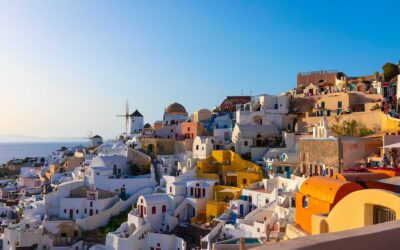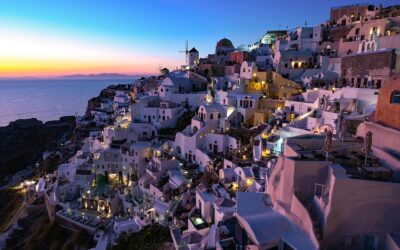
Greek mythology is more than a collection of tales about gods and heroes; it is the foundation of ancient Greek culture, shaping its literature, art, religion, and societal norms. These myths provided the Greeks with a framework for understanding the world around them, offering explanations for natural phenomena, human behavior, and the cosmos. This article explores some of the most significant myths and how they influenced not just the ancient Greeks, but the fabric of Western civilization itself.
The Pantheon of Gods
At the heart of Greek mythology is a pantheon of gods led by Zeus, the king of the gods. Each deity had specific spheres of influence, representing different aspects of life and nature. For instance, Athena, the goddess of wisdom, embodied the values of intellect and strategy, while Ares, the god of war, represented chaos and brutality. These gods were not remote figures; they interacted with humans, influencing their fates and reflecting human emotions and flaws.
Zeus and His Reign
Zeus, the god of the sky and thunder, played a pivotal role in the mythological landscape. His birth story, where he overthrew his father Cronus, represents the theme of succession and the struggle for power. Zeus’s many affairs and the resulting offspring—like Hercules, Persephone, and Hermes—became central figures in various myths, exhibiting qualities admired and feared by ancient Greeks.
Origin Myths and Human Condition
Greek mythology also includes creation myths that provided insights into the human condition. The tale of Prometheus, who stole fire from the gods to give to humanity, reflects themes of rebellion and the quest for knowledge. Although Prometheus was punished for his act of defiance, his story resonates with the idea that progress often comes with great risk.
The Tragedy of Oedipus
One of the most enduring myths is that of Oedipus, a tragedy that explores fate, free will, and the consequences of human actions. Oedipus’s efforts to escape a prophecy foretold by the oracle at Delphi ultimately lead him to fulfill it, raising questions about the power of fate versus individual agency. This myth laid the groundwork for Greek tragedy and was pivotal in the development of dramatic literature in Western culture.
Metaphors for Morality
Myths often served as moral lessons, illustrating the virtues and vices that characterized human behavior. The story of Narcissus, who fell in love with his reflection, warns against excessive self-love and vanity. Similarly, the tale of Icarus, who flew too close to the sun despite warnings, serves as a cautionary reminder of the dangers of hubris and the importance of moderation.
Heroic Journeys
The Greek hero’s journey is a recurrent theme in mythology, exemplified by figures like Achilles, Odysseus, and Theseus. Their adventures symbolize quests for honor, identity, and redemption, mirroring the challenges faced by individuals in society.
The Odyssey
Homer’s "The Odyssey" remains one of the greatest literary achievements, chronicling Odysseus’s long journey home after the Trojan War. This epic not only reflects the value placed on cleverness and resilience but also explores themes of loyalty, temptation, and the longing for home—a timeless narrative that continues to resonate today.
Influence on Culture
The impact of Greek mythology extends beyond ancient texts and stories. Artists and architects drew inspiration from mythological themes, as seen in classical sculptures, pottery, and temple designs. Philosophers referenced myths to explore moral and ethical questions, influencing thought across centuries.
Modern Reinterpretations
Today, Greek mythology remains relevant, inspiring countless adaptations in literature, film, and popular culture. From Rick Riordan’s "Percy Jackson" series to modern films like "Troy," these stories continue to captivate and inspire audiences, underscoring the timeless nature of these ancient tales.
Conclusion
Greek mythology has shaped a nation and influenced the broader contours of Western literature, philosophy, and ethics. Through the stories of gods, heroes, and moral dilemmas, these myths provide rich insights into the human experience, offering timeless reflections on our nature, our struggles, and our aspirations. Their legacy is not merely historical; it is woven into the very fabric of our modern world, reminding us of the enduring power of storytelling.










